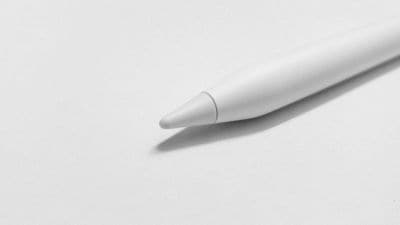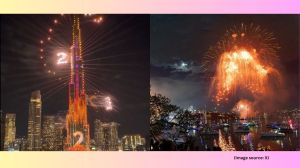The setting sun
While diplomats were shuttling across the globe to lay the groundwork for the first visit by a Japanese emperor to Britain for more than a q...

While diplomats were shuttling across the globe to lay the groundwork for the first visit by a Japanese emperor to Britain for more than a quarter of a century, an envoy from the Imperial Palace in Tokyo was making his own contribution to the preparations.
In a ceremony in Nira, Japan8217;s ancient capital, the courtier informed the spirit of Jinmu, the mythological first emperor of the nation, that Emperor Akihito, the 125th holder of the Chrysanthemum throne, would soon be travelling overseas.
It cannot be easy for the small, silver-haired man who will arrive in London today to reconcile the role of figurehead of Japan, one of the world8217;s most technically advanced countries, with the ancient, obscure rituals he must observe as head of the world8217;s oldest imperial line, which stretches back more than 2,500 years.
This at least appears to be the view of many Japanese who have come to pity the man brought up in the 1930s to believe that he would be worshipped as a god. Most Japanese probably know more aboutthe British royals than about their own imperial family. Newspapers have devoted acres of newsprint to every scandal that has hit the Windsors, not least because they have so little freedom to run interesting stories on their own royals.
Although court reporters follow every public move of the imperial family, there is an accepted code that no word of the emperor8217;s private conversations ever appears in print. The Imperial Household Agency has also made it known to the Japanese media that demonstrations by former British prisoners of war during the visit should not be overstated. The former PoWs have threatened to turn their backs on the emperor when he passes down Horseguards8217; Parade to protest against Tokyo8217;s refusal to grant them compensation and an apology for the maltreatment in Japanese camps during the second world war.
The issue has barely been mentioned in Japan, but Ryo Aiuchi, a court reporter for The Hokkaido Shimbun daily, said this was not just because of self-censorship. He says:quot;Though he is said to sympathise with the PoWs, he won8217;t be able to speak his mind because the chamberlain of the Household Agency has declared the issue a political matter, and the postwar constitution forbids the emperor from engaging in political activities.quot;
The image of Akihito that comes across from such conversations is of a man imprisoned by the formalities. In an opinion poll last year by the Asahi Shimbun daily, more than 80 pc of respondents said they supported the imperial system. Surveys show the majority of Japanese have no wish for the imperial family to be more open.
Until Hirohito was forced to renounce his divinity, students were taught that the emperor was a godlike father figure for whom they should be willing to sacrifice everything. There is still resentment among many of those who suffered as a result of this brainwashing, particularly in Okinawa, where 120,000 people died in the only large-scale battle on Japanese soil during the Pacific war.
8212; The Observer NewsService.
- 01
- 02
- 03
- 04
- 05































